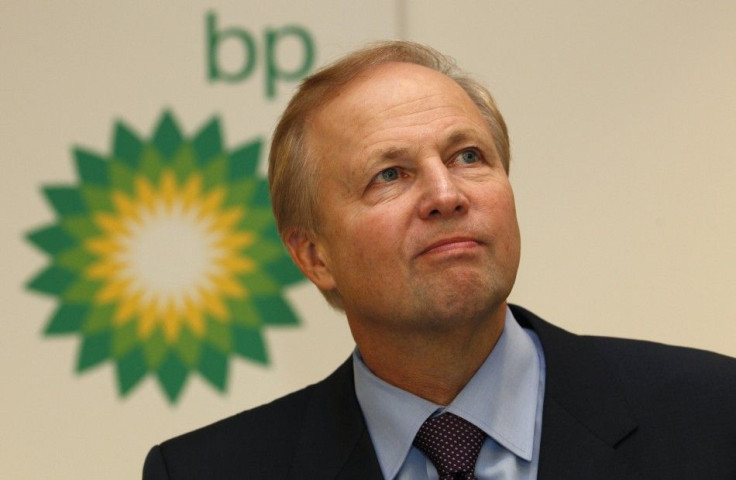Earnings Numbers Show Need for BP to Split
ANALYSIS: BP Would be Wise to Split Operations

BP announced second quarter earnings of 5.3 billion on Tuesday, a stark contrast from last year's second quarter loss of $17.15 billion, behind profits from skyrocketing oil prices.
Despite the company's major rebound from last year's second quarter, the stock still dropped after not meeting analyst expectations of $6 billion.
Some will hail the company for continuing the profitable comeback from the disastrous 2010 fiscal year, but the company still isn't in great shape.
The biggest issue facing the company continues to be the Gulf of Mexico spill's long lasting effects. The spill has impacted the company's financial standing, reputation, and ability to produce barrels of oil, among numerous other consequences. The company still has to pay off close to $34 billion of $40 billion in claims and government payouts to deal with the mess.
While BP was able to ride high oil numbers to profitability, it saw its production decrease by 11 percent, in part due to the company no longer drilling in the spill area.
The suspension of drilling operations in the Gulf of Mexico not only limits BP's efficiency but subsequently increases risk, especially if oil prices ever drop significantly.
One suggestion for righting the ship is for the company to split its refinery and exploration operations from each other. Competitors Marathon Oil and ConocoPhillips have both recently split their operations, with Marathon already seeing financial success. The company saw its earnings increase by 13 percent in the quarter after the split.
JPMorgan Cazenove predicts the company could be worth up to $248 billion if the company were to split, over $100 billion more than the price the company is currently valued at.
An analyst for JO Hambro Capital went as far as to call BP "ludicrously undervalued" at $147 billion.
The company has continued to say it will not split up its operations and that these new numbers show that it's "going well."
"Having stabilized the company while living up to our commitments in the U.S., we will now increase our focus on performance and long-term value creation," BP chief executive Bob Dudley said.
But in actuality it's not "going well," as Dudley claimed on Tuesday, especially if it's leaving a potential $100 billion on the table by not splitting.
The company is still on shaky standing and should at least strongly consider making a major strategic move that does more to inspire than the status quo.
It's never particularly wise to be the last one in on a trend, but the success of Marathon should be a major wake-up sign for BP to consider doing the same. If the company could gain back even half of the extra $100 billion in value, it'd be considered a major success.
To be fair, BP's Dudley has done an admirable job in cleaning up former chief executive Tony Hayward's mess.
But he did such a good job that now expectations have begun to go up again.
Simply being profitable isn't what BP investors expect to hear anymore. Failing to meet earnings expectations will continue to carry more and more weight as the Gulf spill fades farther from the rear view mirror.
Going forward Dudley and BP would be wise to follow the lead of its competitors and split up its operations. It'd create a positive buzz, bring in additional revenue, and most importantly -- make investors happy.
© Copyright IBTimes 2024. All rights reserved.





















